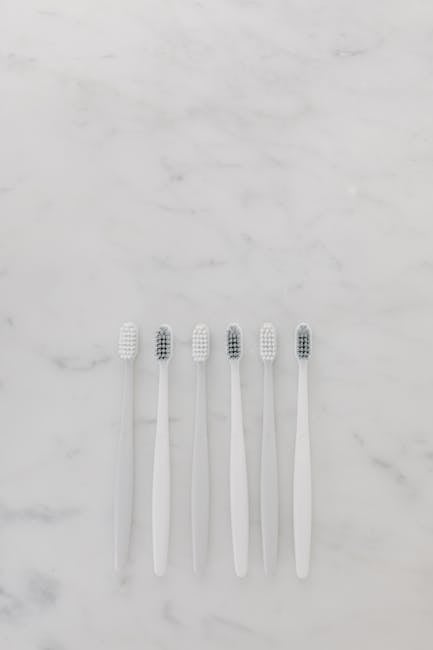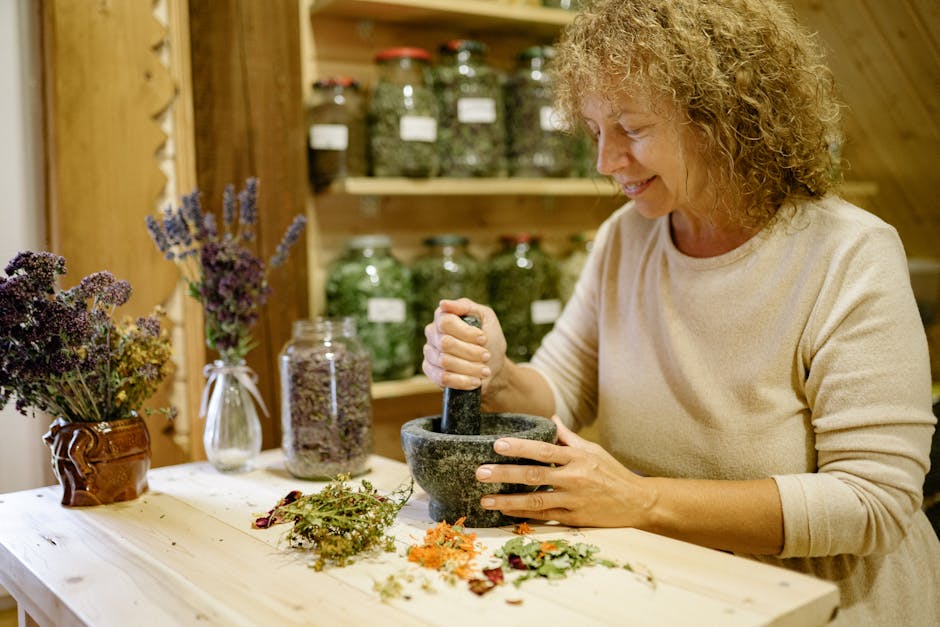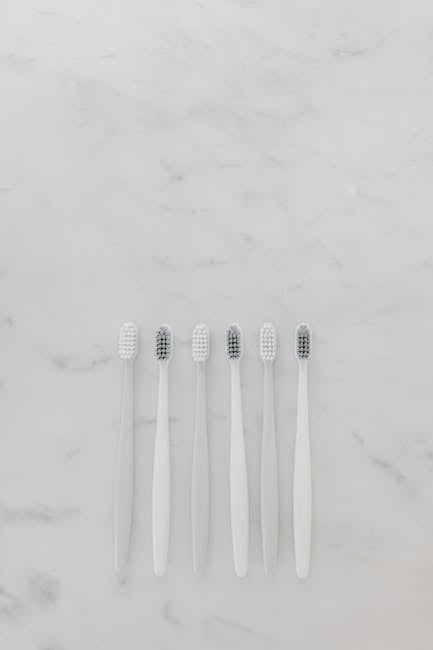Understanding Bacterial Vaginosis (BV)
Bacterial vaginosis (BV) is a common vaginal infection caused by an imbalance of bacteria in the vagina. Unlike other vaginal infections like yeast infections or trichomoniasis, BV isn’t caused by a single specific bacteria. Instead, it’s characterized by a decrease in the beneficial bacteria Lactobacillus and an overgrowth of other bacteria naturally present in the vagina. This imbalance leads to various unpleasant symptoms, prompting many women to seek relief through home remedies.

Symptoms of Bacterial Vaginosis
Recognizing the signs of BV is crucial for early intervention. Common symptoms include:
- A thin, grayish-white vaginal discharge with a fishy odor, particularly noticeable after intercourse.
- Burning sensation during urination.
- Vaginal itching.
- Slight abdominal pain or discomfort.
It’s important to note that not all women with BV experience symptoms. If you suspect you have BV, it’s crucial to see a healthcare professional for a proper diagnosis and treatment. They can perform a pelvic exam and test the vaginal discharge to confirm the diagnosis and rule out other conditions.
Home Remedies for Bacterial Vaginosis: Exploring Natural Options
While home remedies can offer some relief from BV symptoms, they shouldn’t replace professional medical advice and treatment. Always consult your doctor before using any home remedies, especially if you have underlying health conditions or are pregnant. These remedies should be considered supportive measures, not cures.

1. Plain Yogurt with Live and Active Cultures
Yogurt containing live and active cultures, particularly Lactobacillus strains, can help restore the healthy bacterial balance in the vagina. The lactic acid in yogurt helps to lower the vaginal pH, making it less hospitable to harmful bacteria. Apply plain, unsweetened yogurt directly to the vagina, avoiding flavored varieties with added sugars.
2. Garlic
Garlic possesses potent antibacterial and antifungal properties. While not directly applied to the vagina, consuming garlic or taking garlic supplements (after consulting your doctor) can support overall immune function, potentially aiding in the body’s fight against BV.
3. Cranberry Juice
Similar to its effectiveness against urinary tract infections, cranberry juice may help prevent bacterial overgrowth in the vagina. The compounds in cranberries may inhibit bacteria from adhering to the vaginal walls. Drink unsweetened cranberry juice regularly. Be aware that excessive consumption could impact your blood sugar.
4. Tea Tree Oil
Tea tree oil, known for its antimicrobial properties, has shown some potential in treating BV in limited studies. However, it’s crucial to dilute tea tree oil significantly with a carrier oil (like coconut or olive oil) before applying it to the vaginal area. Avoid direct application of undiluted tea tree oil, as it can be irritating. Always consult your doctor before using tea tree oil.
5. Maintaining Good Hygiene
Simple hygiene practices play a significant role in preventing BV. This includes avoiding douching, which disrupts the natural vaginal balance. Wear breathable cotton underwear to keep the vaginal area dry and avoid harsh soaps or scented products that can irritate the sensitive vaginal tissue.

6. Herbal Remedies: Caution and Consultation
Some herbal remedies, such as goldenseal and echinacea, have been traditionally used for their antibacterial properties. However, scientific evidence supporting their effectiveness against BV is limited. Furthermore, some herbs can interact with medications or have side effects. Consult your doctor before using any herbal remedies for BV.
Preventing Bacterial Vaginosis
Preventing BV involves adopting healthy lifestyle habits. In addition to the hygiene measures mentioned above, consider the following:
- Practice safe sex, using condoms to reduce the risk of sexually transmitted infections (STIs) that can increase the likelihood of BV.
- Avoid the use of harsh soaps, perfumes, or douches, as these can disrupt the vaginal pH balance.
- Maintain a healthy diet, rich in fruits and vegetables, to support overall immune function.
- Avoid wearing tight-fitting clothing and ensure proper ventilation to keep the vaginal area dry.
- If you have a new sexual partner, it’s important to get tested for STIs to avoid complications.
When to See a Doctor
While home remedies can provide temporary relief, it’s crucial to seek professional medical care if your BV symptoms persist, worsen, or are accompanied by severe discomfort. Untreated BV can potentially lead to complications such as pelvic inflammatory disease (PID), premature birth (in pregnant women), and an increased risk of acquiring other STIs. Early diagnosis and appropriate treatment from your doctor are essential for effective management of BV.
Disclaimer
The information provided in this article is intended for educational purposes only and should not be considered medical advice. Always consult your healthcare provider for diagnosis and treatment of bacterial vaginosis or any other medical condition. The effectiveness of home remedies can vary from person to person.

